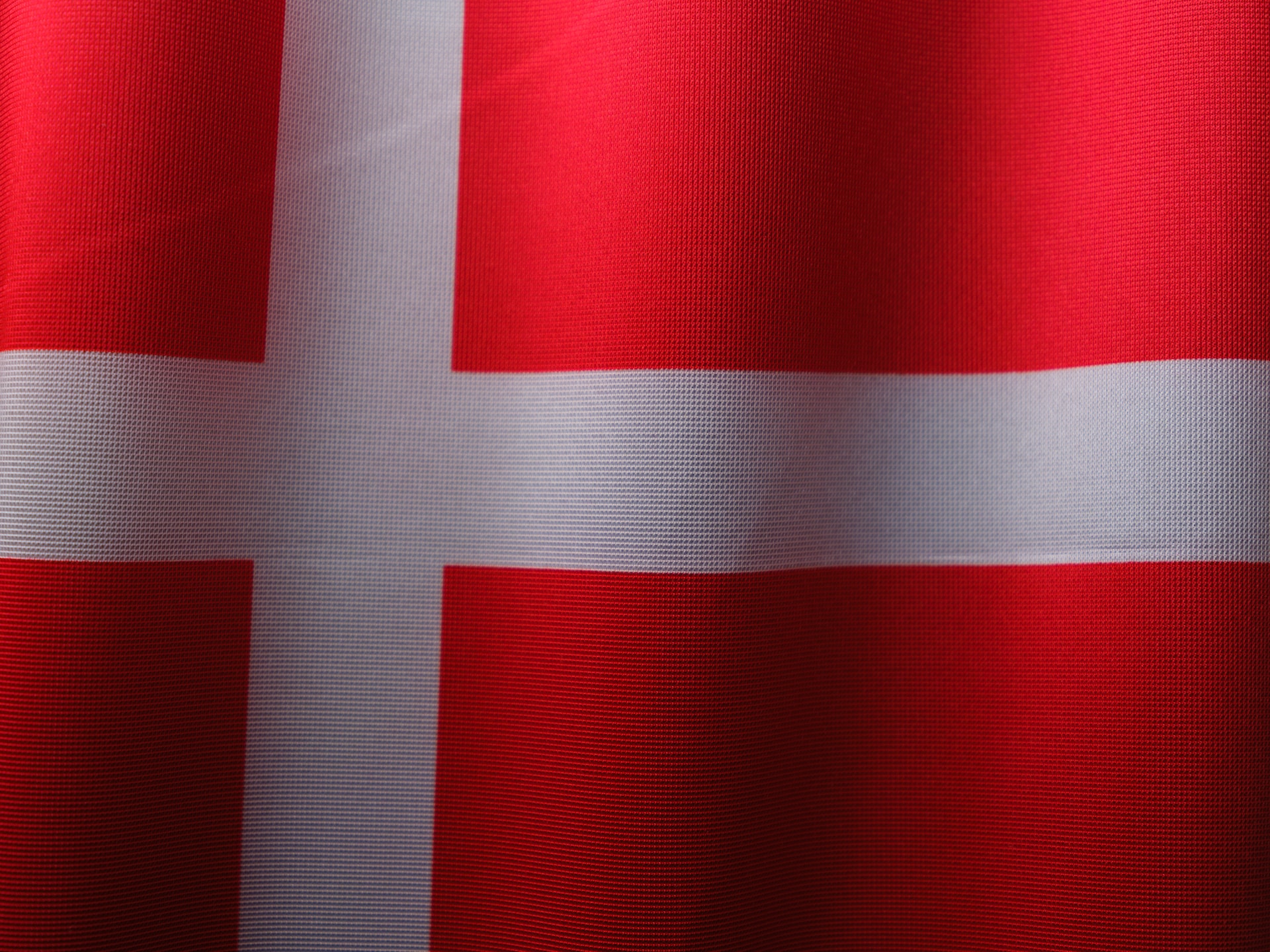As a thriving economy, Denmark heavily relies on imports to meet its domestic needs and support its key industries. The major imports of Denmark include machinery and mechanical appliances, vehicles and automotive parts, electrical machinery and equipment, mineral fuels and oils, pharmaceuticals, plastics and plastic articles, iron and steel, organic chemicals, optical, photographic, and medical instruments, and articles of clothing and accessories. The closest trading partners for each category vary, with Germany, Sweden, and the Netherlands emerging as prominent suppliers across multiple sectors. Understanding these import trends and partnerships is crucial for analyzing Denmark's economic landscape, identifying areas of collaboration, and formulating effective trade policies.
Machinery and Mechanical Appliances:
Machinery and mechanical appliances hold the top position in Denmark's imports by volume. With a total import value of approximately $32 billion, Denmark heavily relies on these imports to support its industrial and manufacturing sectors. The primary trading partners for machinery and mechanical appliances are Germany, Sweden, and China.
Vehicles and Automotive Parts:
Imported vehicles and automotive parts play a significant role in transportation and mobility in Denmark. The import volume for this category stands at $25 billion. The primary trading partners for vehicle and automotive parts imports are Germany, Sweden, and the Netherlands.
Electrical Machinery and Equipment:
Imported electrical machinery and equipment are crucial for meeting Denmark's technological needs. The import volume for this category is valued at $22 billion. The primary trading partners in this sector are Germany, Sweden, and the Netherlands.
Mineral Fuels and Oils:
Denmark heavily depends on imports of mineral fuels and oils to meet its energy requirements. The import volume for this category is valued at $15 billion. The primary trading partners for mineral fuels and oils are Norway, Russia, and the United Kingdom.
Pharmaceuticals:
Pharmaceutical products are essential for Denmark's healthcare sector. The import volume for this category stands at $12 billion. The primary trading partners for pharmaceutical imports are Germany, the United States, and Switzerland.
Plastics and Plastic Articles:
Denmark imports a significant amount of plastics and plastic articles for various sectors, including packaging and manufacturing. This category accounts for an import volume of $11 billion. The primary trading partners for plastics and plastic articles are Germany, Sweden, and the Netherlands.
Iron and Steel:
Imported iron and steel are vital for Denmark's construction and manufacturing industries. This category's import volume is valued at $9 billion. The primary trading partners for iron and steel imports are Germany, Sweden, and the Netherlands.
Organic Chemicals:
Denmark imports a significant volume of organic chemicals for various applications. The import value for this category is approximately $8 billion. The primary trading partners for organic chemicals are Germany, the Netherlands, and Sweden.
Optical, Photographic, and Medical Instruments:
Denmark relies on imports of optical, photographic, and medical instruments to support its healthcare and research sectors. The import volume for this category stands at $7 billion. The primary trading partners for optical, photographic, and medical instruments are Germany, the United States, and Switzerland.
Articles of Clothing and Accessories:
Denmark imports a considerable volume of clothing and accessories to meet its domestic market demands. The import value for this category is approximately $6 billion. The primary trading partners for clothing and apparel imports are Germany, China, and Sweden.
Related Information








